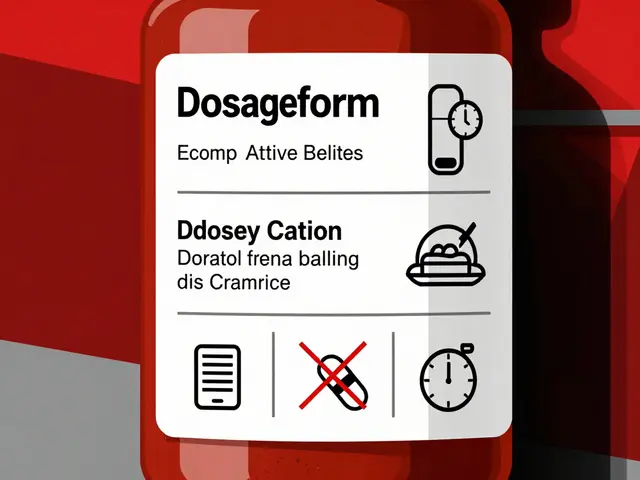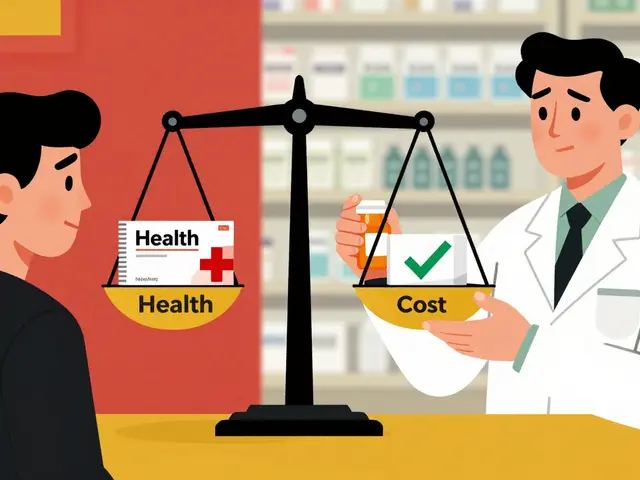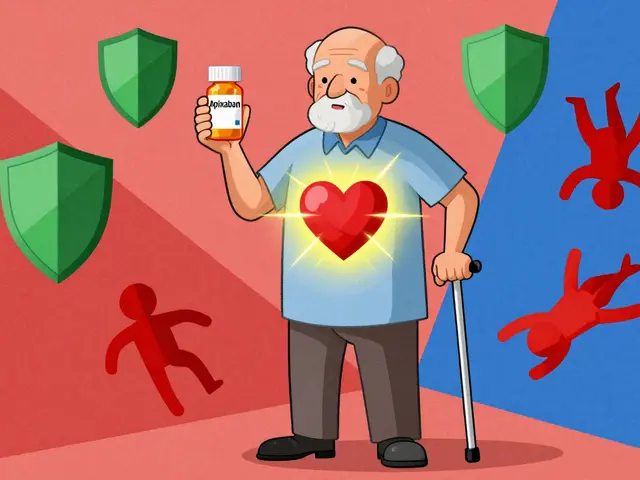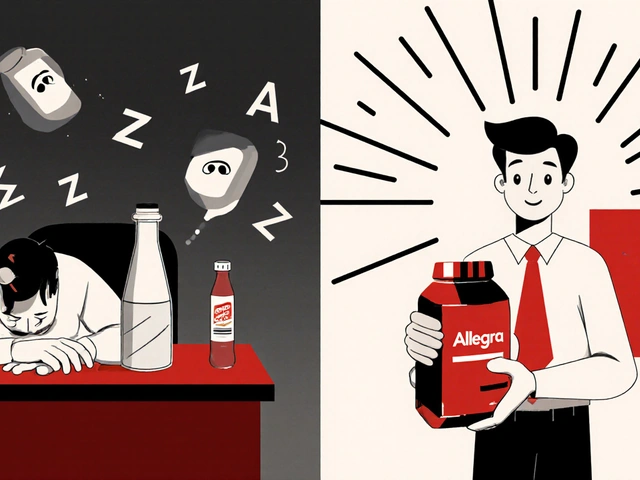Heart Rate Control
When working with heart rate control, the regulation of how fast the heart beats, crucial for cardiovascular health. Also known as HR regulation, it forms the backbone of any heart‑health plan. Effective heart rate control often requires a blend of medication, monitoring, and lifestyle tweaks. One of the core ideas is that heart rate control encompasses beta blockers, which are drugs that slow the heart by blocking adrenaline signals. Another key point is that calcium channel blockers influence heart rate by relaxing vascular smooth muscle, giving the heart a calmer rhythm. Finally, digoxin can fine‑tune heart beats in certain arrhythmias. Together these pieces shape a comprehensive approach that lets patients keep their pulse in a safe zone.
Medications That Shape Your Pulse
Among the drug families, beta blockers, medications that block adrenaline receptors to lower heart rate and blood pressure are often first‑line for hypertension, angina, and post‑heart‑attack care. They come in forms like metoprolol and atenolol, each with a dosage range that doctors tailor to the individual’s resting heart rate and activity level. Calcium channel blockers, drugs that prevent calcium from entering heart and vessel cells, easing contraction and slowing the heartbeat such as amlodipine or diltiazem, are popular when patients need both blood pressure reduction and heart‑rate moderation. Digoxin, a cardiac glycoside that strengthens heart contractions while reducing the rate of electrical signals is reserved for specific cases like atrial fibrillation, where precise rate control is vital. Each medication has distinct side‑effect profiles – beta blockers can cause fatigue, calcium channel blockers may lead to ankle swelling, and digoxin requires careful blood‑level checks to avoid toxicity. Knowing these attributes helps you and your clinician match the right drug to the condition, whether it’s chronic high blood pressure or an episodic arrhythmia.
Beyond pills, real‑world heart‑rate management means regular monitoring, stress‑reduction techniques, and steady exercise. Wrist‑worn trackers, home ECG kits, or simple pulse checks give instant feedback on how daily habits impact your beats per minute. Aerobic activities like brisk walking or cycling improve the heart’s efficiency, often allowing lower medication doses over time. Nutrition matters too; limiting caffeine and maintaining electrolyte balance keep the rhythm stable. The articles below dive deep into specific drug comparisons, safe online purchasing tips, and how certain medications – from anti‑viral Famvir to anti‑coagulant warfarin – can indirectly affect your heart rate. As you scroll, you’ll find practical guidance that turns theory into action, giving you the tools to master your pulse and stay ahead of cardiovascular risk.
How Beta-Blockers Treat and Prevent Angina
Explore how beta‑blockers lower heart workload, treat chronic angina and prevent heart attacks. Learn benefits, side effects, dosage tips, and how they compare to other anti‑anginal drugs.










